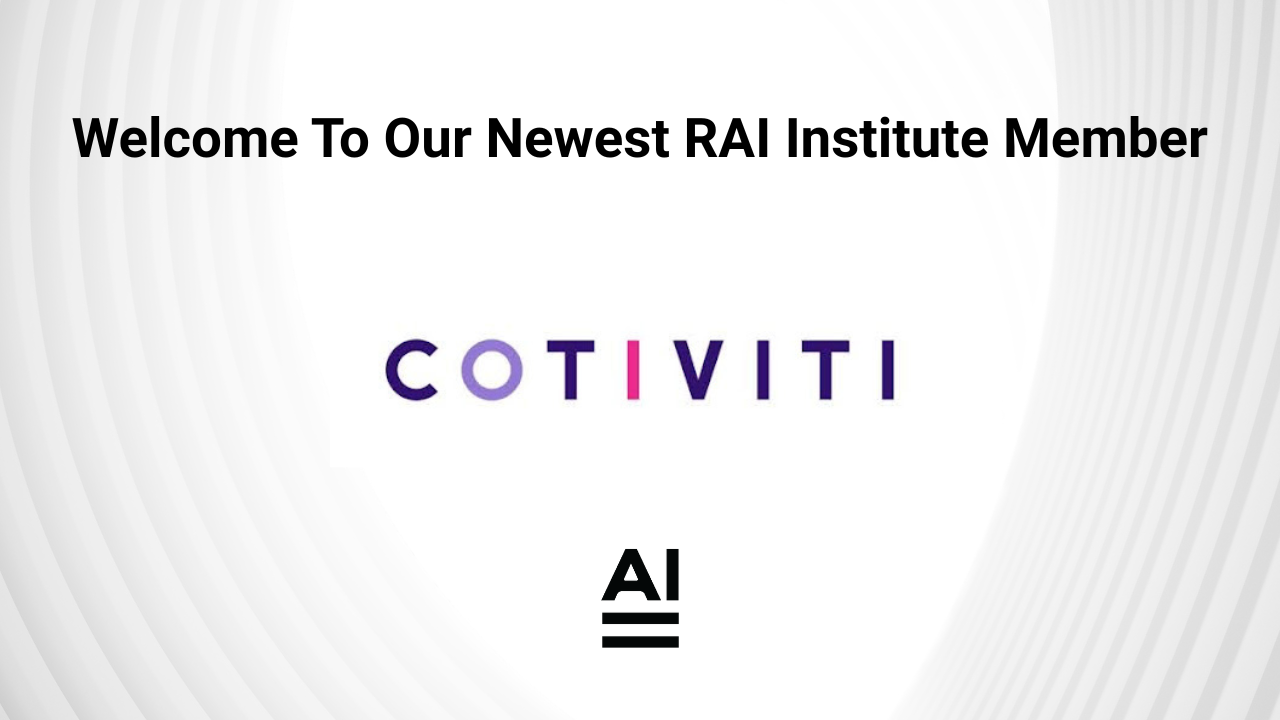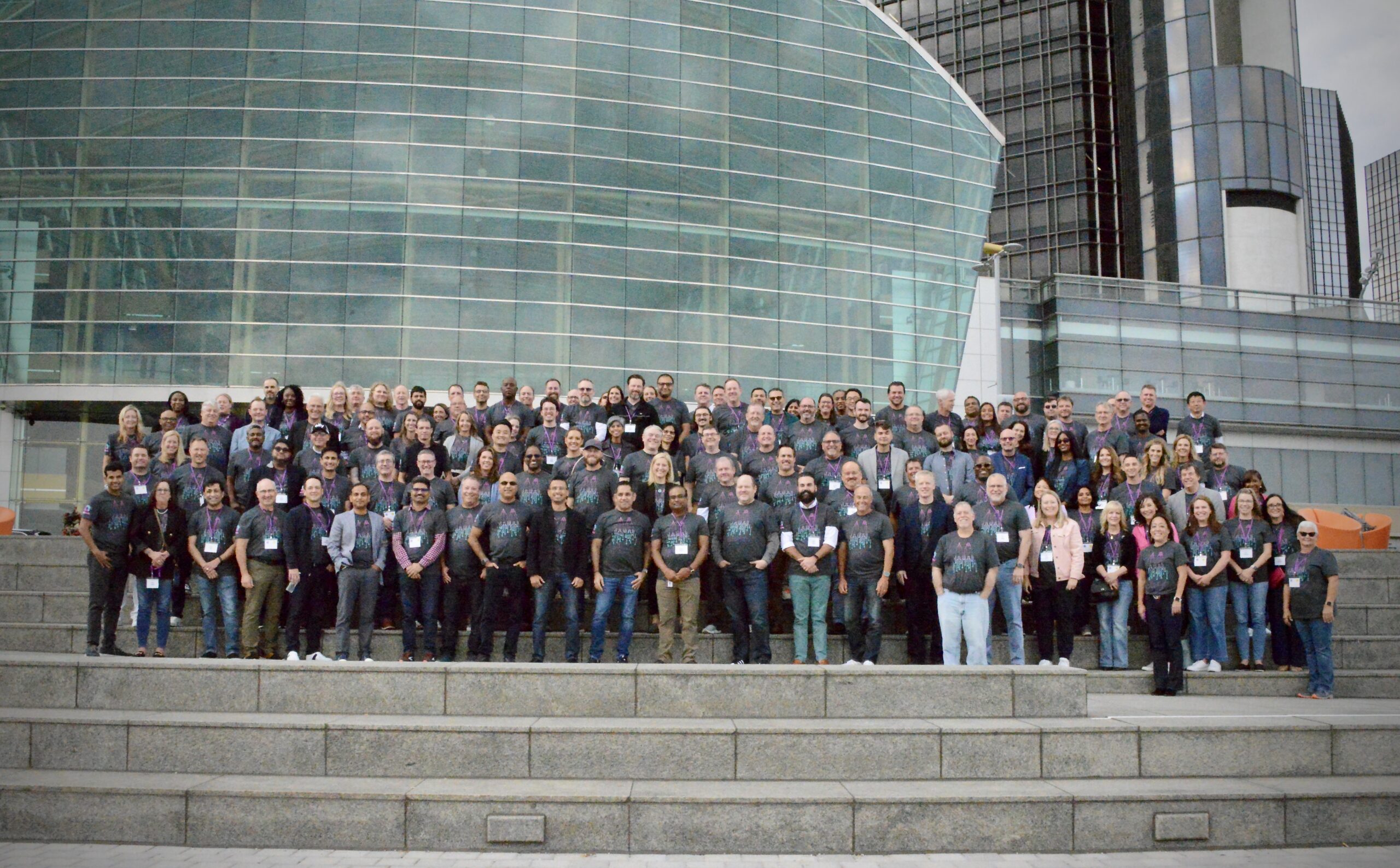Nicole McCaffrey, Head of Strategy & Marketing, Responsible AI Institute
Governments worldwide are shifting their approach to AI regulation, prioritizing rapid innovation over safety and governance. From the U.S. and U.K.’s refusal to sign safety agreements to the EU’s easing of AI Act provisions, we are seeing a worldwide shift from “approach with caution” to “move fast and see what breaks.” While these changes may reduce short-term compliance burdens, they introduce long-term risks for anyone using AI, including reputational damage, security vulnerabilities, and ethical concerns.
This shift presents a dilemma. Public trust in AI is more critical than ever, and companies must take the lead in ensuring responsible AI development—regardless of government mandates. Organizations that neglect AI governance risk setting themselves up for failure as stakeholders, investors, and consumers demand accountability.
Recent AI Regulatory Developments
AI is a rapidly evolving landscape. If you’re not keeping up with the latest news and regulatory shifts, here are some of the most important developments you may have missed.
U.S. and U.K. Decline to Sign Paris AI Action Summit Declaration
In February 2025, during the AI Action Summit in Paris, both the United States and the United Kingdom chose not to sign the “Statement on Inclusive and Sustainable Artificial Intelligence for People and the Planet.” This declaration, endorsed by 58 countries including France, China, and India, outlines principles for accessible, ethical, and trustworthy AI development. The U.S. and U.K. abstained, citing concerns that the agreement lacked sufficient measures to address national security implications and global AI governance.
At the same summit, U.S. Vice President JD Vance outlined a vision for AI that sharply contrasts with previous regulatory efforts. Rather than emphasizing AI safety, Vance promoted AI’s economic and military potential, criticizing European AI regulations as restrictive. His remarks reinforced the administration’s stance that pro-growth AI policies should take priority over AI safety, raising concerns among global AI policymakers about the lack of a coordinated international approach.
U.S. Policy Shift Under President Trump
The Trump administration has proposed cutting nearly 500 staff members from the National Institute of Standards and Technology (NIST), including personnel overseeing the $11 billion semiconductor program under the CHIPS Act. This move raises concerns about the U.S.’s ability to sustain semiconductor research and AI safety initiatives. Simultaneously, the Stargate AI infrastructure project is progressing, raising questions about the coherence of U.S. technology policy and the long-term impact on AI and semiconductor development.
Related Resource: AI Governance in Transition: Shifting from the Biden to Trump Administration
UK and EU Shift AI Safety Priorities
The European Union has been proactive in establishing comprehensive AI regulations through its AI Act. Initially stringent, the Act has undergone revisions to adopt a more industry-friendly stance. Key changes include easing liability rules and refining the definitions of high-risk AI systems. The UK government recently renamed its AI Safety Institute to reflect a broader approach, moving away from strictly overseeing AI risks. These adjustments aim to balance the promotion of innovation with the mitigation of potential risks associated with AI deployment. However, critics argue that these modifications may dilute essential safeguards designed to protect consumers and uphold ethical standards.
These developments showcase an ever-changing situation where global, national, and even regional government regulations and guidance can vary significantly. What does this changing landscape mean for organizations looking for guidance on effective AI management?
The Implications for Organizations
For companies actively deploying AI, regulatory rollbacks introduce several risks. Without clear guidelines, businesses are left to interpret best practices on their own, increasing the potential for legal and ethical missteps. A lack of strong AI governance could erode public trust, leading to backlash from customers, stakeholders, and investors.
Additionally, while regulations may be loosening now, the potential for future AI-related lawsuits and compliance challenges remains high. Governments may change course, introducing stricter rules down the line. Companies that take a reactive approach could find themselves scrambling to adjust, rather than leading the charge in responsible AI development.
Why AI Governance Is More Critical Than Ever
Even as governments step back, organizations must step up. AI governance provides a structured approach to ensuring AI systems are fair, transparent, and aligned with societal values. Three key pillars remain essential:
- Governance and Regulations: Even in the absence of strict mandates, voluntary adherence to governance frameworks demonstrates corporate responsibility and future-proofs AI initiatives.
- Risk, Security, and Trust: Proactively managing AI-related risks ensures system integrity, public confidence, and protection from emerging threats.
- Cost, Sustainability, and Performance Optimization: A well-governed AI strategy supports long-term business sustainability and ethical alignment with stakeholder expectations.
Failing to address these areas could lead to unintended consequences, from biased AI decision-making to security vulnerabilities. Now is the time for companies to establish internal AI governance mechanisms before external pressures force reactive compliance. Organizations that take responsibility now will be better positioned to adapt to future regulatory changes and maintain credibility in the evolving AI landscape.
Download Our Guide: Operationalizing Independent Review in AI Governance
The Role of RAI Institute in Advancing Responsible AI
As governments scale back, the private sector must lead in ensuring AI remains accountable and aligned with societal values. The Responsible AI Institute (RAI Institute) provides the independent expertise, implementation tookits, and governance frameworks organizations need to build and deploy responsible AI.
Here is how RAI Institute supports AI governance:
Trusted Verification
- Independent validation of AI governance practices
- Evidence of due diligence for stakeholders
- Documentation to support board and executive reporting
Regulatory Readiness
- Early awareness of emerging regulations
- Proactive compliance strategies
- Reduced regulatory risk exposure
Standards-Powered Methodology
- Structured AI risk management framework
- Alignment with NIST, ISO, and the EU AI Act
- Enterprise-wide visibility into AI compliance
Operational Benefits
- Maturity assessments across the organization
- Streamlined risk management processes
- Optimized AI costs and resource allocation
Since 2016, RAI Institute has been the trusted authority for organizations committed to responsible AI.
Take Charge of AI Governance with RAISE Pathways
Regulatory shifts should not be mistaken for a free pass on AI oversight. Instead, they highlight the urgent need for organizations to establish strong governance frameworks to ensure AI is safe, ethical, and accountable. Companies that take proactive steps now will not only mitigate risk but also gain a competitive edge as AI governance becomes a business imperative.
The Responsible AI Institute’s RAISE Pathways program is designed to help organizations at every stage of their AI journey with AI expert-led training and implementation toolkits to strengthen AI governance, enhance transparency, and drive innovation at scale.
Strengthen your AI governance strategy today with RAISE Pathways.
About the Responsible AI Insitute
Since 2016, Responsible AI Institute (RAI Institute) has been at the forefront of advancing responsible AI adoption across industries. As an independent non-profit organization, RAI Institute partners with policymakers, industry leaders, and technology providers to develop responsible AI benchmarks, governance frameworks, and best practices. RAI Institute equips organizations with expert-led training and implementation toolkits to strengthen AI governance, enhance transparency, and drive innovation at scale.
Members include leading companies such as Boston Consulting Group, Genpact, KPMG, Kennedys, Ally, ATB Financial and many others dedicated to bringing responsible AI to all industry sectors. In addition, we have partnered with leading global universities such as University of Cambridge, Princeton University, Massachusetts Institute of Technology (MIT), Harvard Business School, The University of Texas at Austin, Michigan State University, University of Toronto, and the University of Michigan.
Media Contact
For all media inquiries please refer to Head of Strategy and Marketing, Nicole McCaffrey.
nicole@responsible.ai
+1 440-785-3588
Connect with RAI Institute





